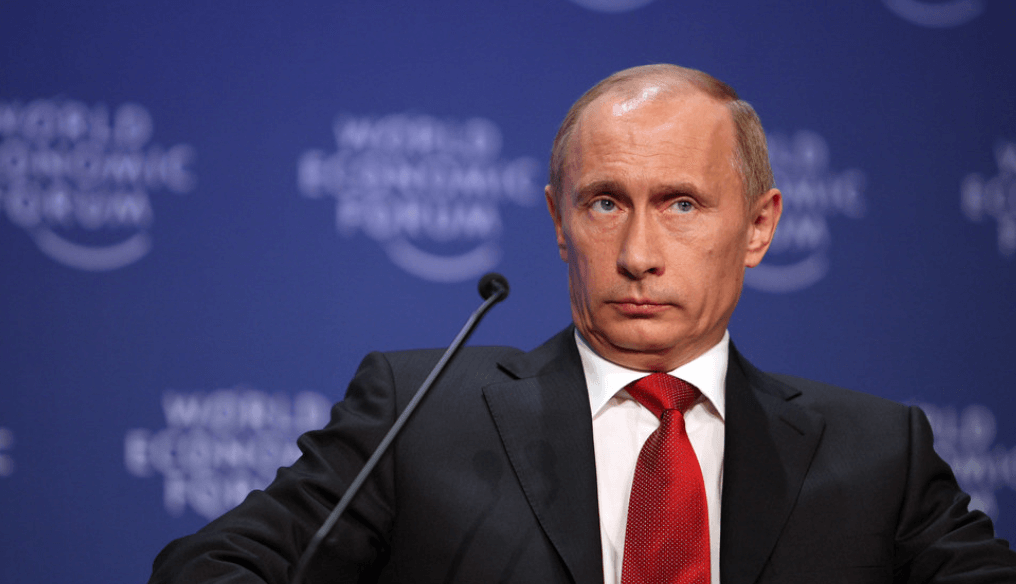Russia Gets in on the FUD
Rumors in the Western world suggested Russia's Central Bank had called for a blanket Russian ban on crypto. This was mostly not true.

Last week, rumors in the Western world suggested Russia's Central Bank had called for a blanket ban on crypto transactions and mining, while maintaining that holding crypto would remain legal. Russia is currently the third largest country for Bitcoin mining, and if crypto holders couldn't dump before the Russian ban, roughly $92B would be locked up.
Early English-language articles noted that Putin disliked the energy usage of crypto because it went against Russia's green initiatives. Putin also noted that criminals use crypto, which he posed as a negative.
Following the initial rush of somewhat-incorrect information, we learned the report was from Russia's Federal Security Service (FSB), not its central bank. The FSB, while influential, is considered unlikely to see its proposed crypto ban actually happen.
It's difficult to imagine Russia completely banning crypto, and we have been subject to their government's FUD for years. Crypto allows governments to circumvent trade sanctions, and some observers believe that Bitcoin could overtake the US Dollar as the world's standard currency. Both situations seem to benefit Russia, but they also seem to benefit China, which has taken a strong anti-crypto stance.
Following the initial rumors, the head of the Russian Central Bank's Financial Stability Department, Elizaveta Danilova, publicly stated that "Restrictions on owning cryptocurrencies are not envisaged."
Under normal circumstances, I would trust a central bank leader's crypto stance to closely reflect the country's overall direction. Given Russia's perceived likelihood to invade Ukraine, it's possible that, at this moment, the FSB has more influence over crypto law than the central bank.
Following Fidelity's report that nations are stockpiling Bitcoin, some Reddit commenters suggested Putin may be intentionally manipulating the price of Bitcoin in order to buy more. While possible, these particular actions from Russia aren't necessary to drop the price of Bitcoin. Lately, Bitcoin has been trending with the stock market, and the stock market is not responding well to Omicron or Russia's near-term plans for Ukraine. If Russia does plan to stockpile Bitcoin, adding crypto FUD, while potentially helpful, was probably not necessary.
